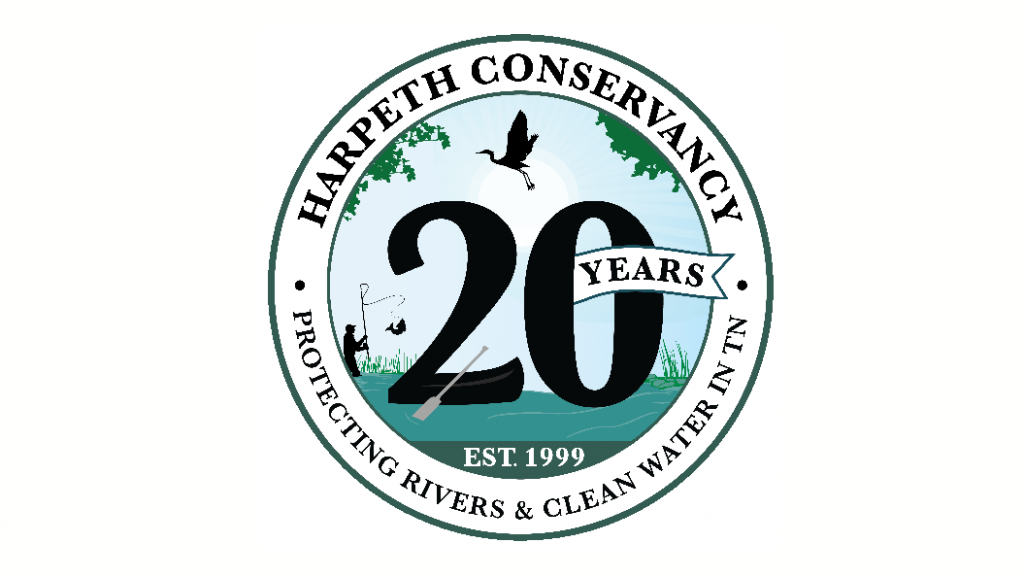Continued Monitoring Required
Yesterday (December 4, 2019), the Metro Nashville Council approved water and sewer rate increases. On November 21, 2019, I (Jim Redwine, VP & COO of Harpeth Conservancy) participated in the TN Water & Wastewater Finance Board hearing concerning the proposed Metro Nashville water & sewer rate increases. I serve as the environmental interests member of the Water & Wastewater Finance Board, having been appointed by Governor Haslam. Nashville was referred to the Board for financial distress – continued financial losses because rates had not been increased since 2011.
I am pleased to report that both the Metro Council and the Board approved the proposed rate increases. No one likes it when rates for governmental services go up, but these increases were necessary. The increases are the fiscally responsible course and should help Nashville’s environmental compliance efforts.
The rate hikes have received considerable press, which notes that the average water bill will increase by $6.64 cents per month (from $12.45 to $19.09) then another 4% jump in 2021, and 3% hikes in 2022, 2023 and 2024.
Sewer rates for the average customer will also increase $26.58 to $31.54 in 2020, or about a $4.96 increase per month.
Much of the money will be spent to comply with the Consent Decree Nashville has with the EPA. The EPA faulted Nashville for its contamination of the Cumberland River through “combined sewer overflows,” the overflowing of raw sewage and combined stormwater and sewage flows into the Cumberland River. The estimated costs through the 2028 compliance date are between $1 to $1.5 billion. More information on Nashville’s compliance efforts can be found here.
The new rate structure includes a 10% replacement fund for each of the water and sewer components, which might be further increased, to help assure that Nashville always has enough to fund the on-going replacement of aging water and sewer pipes.
We support Nashville’s Clean Water Program and it should have the funds it needs to fulfill its important public mission. Although the new rates are an excellent step in the right direction, continued vigilance and monitoring by concerned citizens will be required. Metro had been borrowing from monies intended for water and sewer to pay general fund debt. While a Nashville ordinance expressly prohibiting such borrowing would have been preferable, Metro must report financial updates to the Board’s staff twice a year, in March and September. Be on the look-out for those. And, we may want to advocate for a Metro ordinance that prohibits such borrowing. Additionally, I raised concerns over whether the data on which Nashville based its estimates was still valid. Some of the data on the amount of development (hence, the volume of stormwater) and the amount of precipitation are from the early to mid-1990s, and may need to be updated to reflect the increase in impervious surfaces as well as for the impacts of climate change. Most importantly, the section of the Cumberland River into which most of Nashville’s sewer and stormwater discharges are located, is still on the State’s list of impaired / polluted waters (the “303(d) list”).
Nashville is not alone in facing issues with aging and over-burdened infrastructure. In 2019 Franklin has recently had sewer overflows of over eight million (8,000,000) gallons, and Brentwood has had significant releases and overflows.
The recommendations approved by the Board on November 21, 2019 can be found here.









